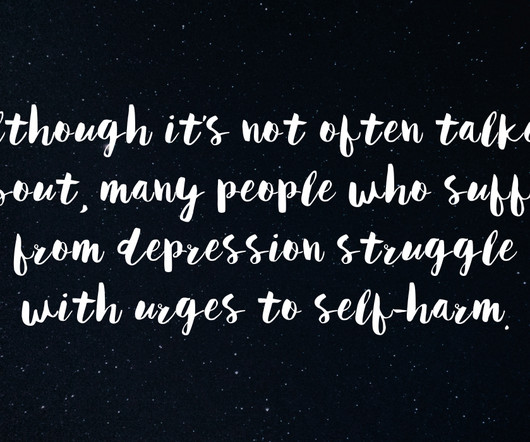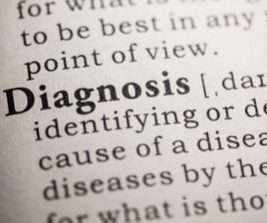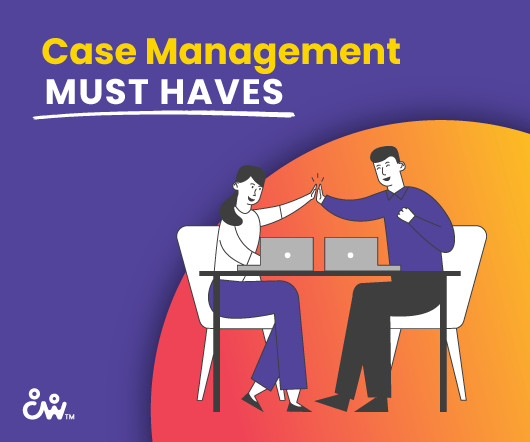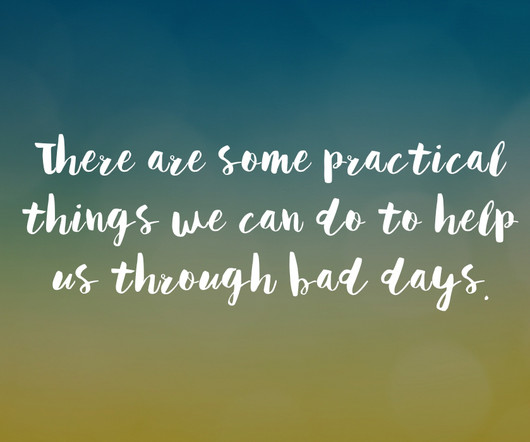How To Distract Yourself From Depression Or Scary Thoughts
Blurt It Out
JUNE 30, 2016
Depression comes with a variety of symptoms , which vary from person to person. Although it’s not often talked about, many people who suffer from depression struggle with urges to self-harm. Obviously, hurting yourself isn’t desirable or healthy – but knowing this doesn’t help keep the scary thoughts at bay. Self-harming urges can be extremely powerful, and it takes a lot to over-ride or ignore them.

















Let's personalize your content